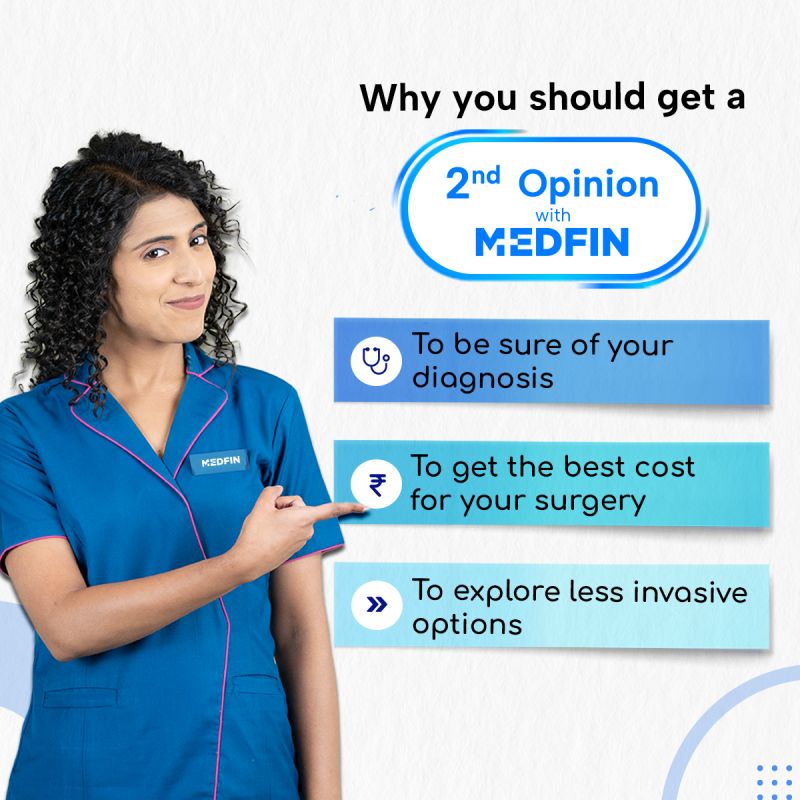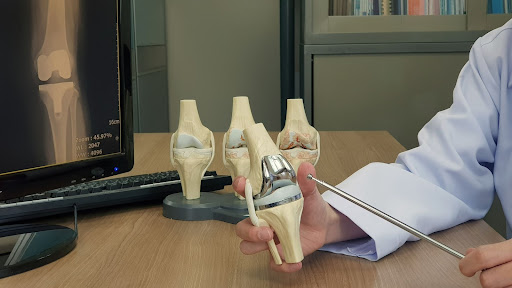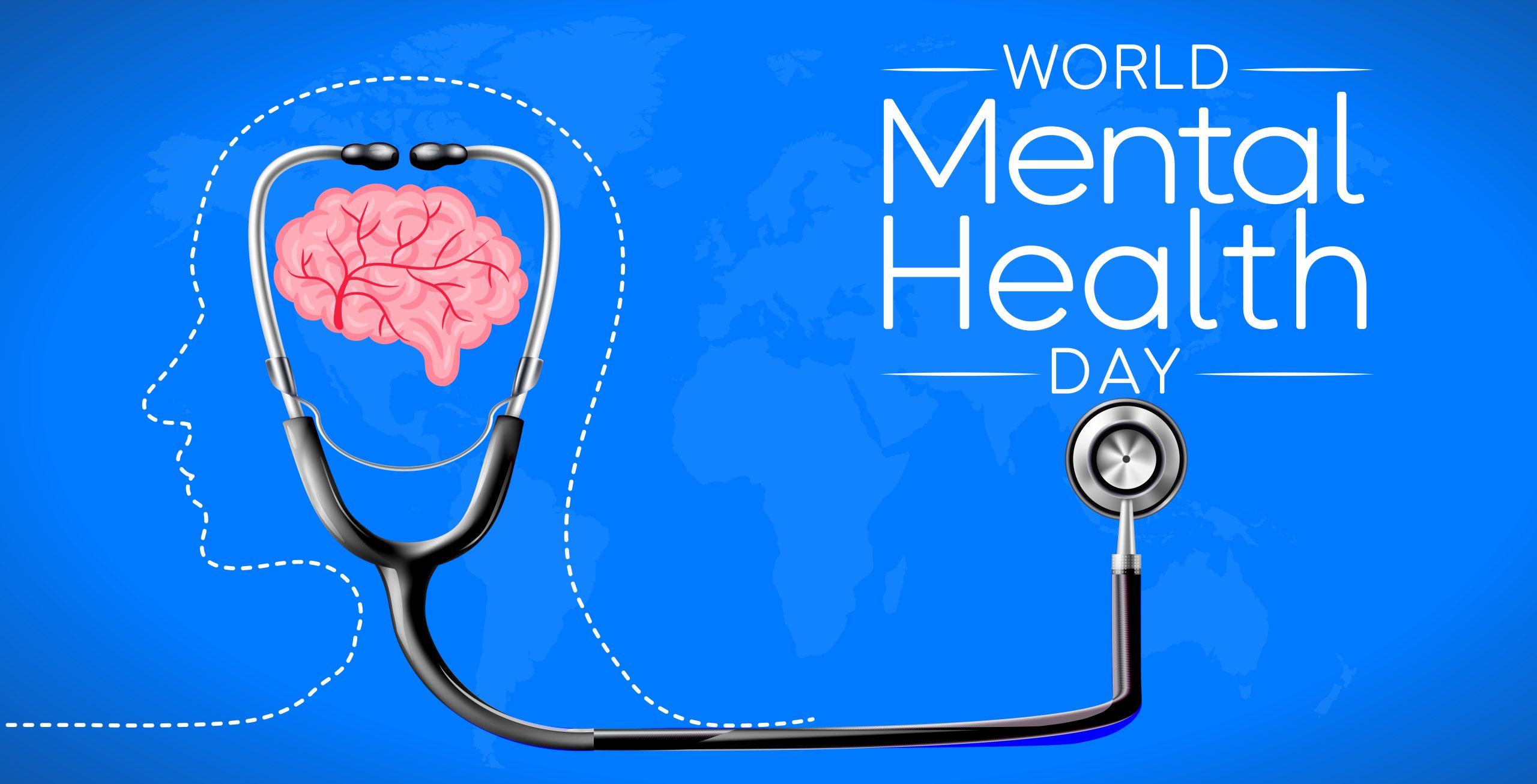Second Opinion
What is a Second Opinion? When you Should Get

by admin
5th July 2023
7 minutes read
A second opinion in medical practice refers to seeking the evaluation and advice of another healthcare professional or specialist regarding a specific medical condition, diagnosis, or treatment plan. It involves consulting a different doctor or medical expert to obtain an alternative perspective or additional insights into the patient’s healthcare situation.
When a person receives a diagnosis or treatment recommendation from their primary healthcare provider, they may choose to seek a second opinion for various reasons, such as:
Confirming the Diagnosis: Getting a second opinion can help confirm the accuracy of the initial diagnosis. It provides an opportunity for another healthcare professional to review the patient’s medical history, symptoms, and test results to ensure that the diagnosis is accurate and appropriate.
Exploring Treatment Options: Second opinions allow patients to explore different treatment options. Each healthcare provider may have their own expertise, experiences, and preferences when it comes to treatment approaches. A second opinion can offer additional insight into alternative treatments or confirm the proposed treatment plan.
Gaining Peace of Mind: Seeking a second opinion can alleviate doubts, uncertainties, and concerns about a diagnosis or recommended treatment. It can provide reassurance and peace of mind for the patient, allowing them to feel more confident and informed about their healthcare decisions.
Complex or Serious Conditions: For complex or serious medical conditions, it is common for patients to seek multiple opinions to ensure they have explored all possible options and received the most comprehensive advice. This is particularly true for conditions that may have multiple treatment approaches or where the stakes are high.
Patient Empowerment: Seeking a second opinion empowers patients to actively participate in their healthcare decisions. It allows them to gather different perspectives, ask questions, and make more informed choices about their treatment, promoting a sense of control and ownership over their own healthcare.
It is important to note that seeking a second opinion does not necessarily mean that the initial diagnosis or treatment plan was incorrect or inadequate. It is simply a way to ensure comprehensive and well-informed decision-making, particularly in situations where the diagnosis or treatment carries significant implications for the patient’s health and well-being.
Overall, a second opinion in medical practice provides patients with an opportunity to gather more information, consider different perspectives, and make confident decisions about their healthcare. It is a valuable process that contributes to patient-centered care and promotes collaboration between healthcare professionals and patients.
when you should take a second opinion
Deciding when to seek a second opinion in medical matters is a personal choice, but there are certain situations where it is often recommended:
Complex or Serious Diagnosis: If you have received a diagnosis for a complex or serious medical condition, seeking a second opinion can provide you with a more comprehensive understanding of your condition and the available treatment options. This is particularly important when the recommended treatment carries significant risks or has long-term implications.
Lack of Improvement: If your symptoms persist or worsen despite following the initial treatment plan, it may be beneficial to seek a second opinion. An alternative perspective may uncover new insights or alternative treatment options that can lead to better outcomes.
High-Risk or Invasive Procedures: When considering a high-risk or invasive procedure, such as surgery, it can be helpful to obtain a second opinion to ensure that the procedure is necessary and that the proposed approach is appropriate. This can provide you with added confidence and peace of mind before undergoing a significant medical intervention.
Uncommon or Rare Conditions: If you have been diagnosed with an uncommon or rare medical condition, it can be beneficial to consult with a specialist who has expertise and experience in that specific area. Their insights and familiarity with such conditions can offer valuable guidance in terms of diagnosis, treatment, and prognosis.
Discrepancies or Uncertainty: If there are discrepancies in your test results, conflicting opinions among healthcare providers, or if you feel uncertain about the initial diagnosis or treatment plan, seeking a second opinion can help clarify the situation and provide you with a clearer understanding of your medical condition.
Patient Advocacy: Seeking a second opinion can also be a way to advocate for yourself and take an active role in your healthcare. It allows you to gather more information, ask questions, and make informed decisions about your treatment options.
Remember, seeking a second opinion does not mean you mistrust your primary healthcare provider. It is a normal part of the medical process, and many healthcare professionals encourage their patients to seek additional input when necessary. Open communication with your primary provider about your intention to seek a second opinion is important to ensure a collaborative and respectful approach to your healthcare.
Ultimately, the decision to seek a second opinion should be based on your own comfort level, the significance of the medical issue, and your desire to gather as much information as possible to make well-informed decisions about your health.
FAQs about Second Opinion
A. A second opinion refers to seeking advice or input from another expert or professional in a particular field, typically in the context of medical, legal, or other important decisions. It’s sought when a person wants a fresh perspective, confirmation, or alternative options before making a decision based on the initial advice they received.
A. An example of a second opinion is when a patient diagnosed with a complex medical condition seeks advice from another doctor or specialist to confirm the initial diagnosis and treatment plan. This can help the patient make a more informed decision about their health and explore different treatment options.
A. To seek a second medical opinion, follow these steps: Inform your current doctor about your intention. Research and choose another experienced specialist. Gather your medical records and test results. Schedule a consultation with the second specialist. Discuss your case and concerns openly. Review the second opinion with your primary doctor. Decide on the best course of action for your health.
A. People ask for a second opinion primarily to gain reassurance, explore alternatives, and make more informed decisions, especially in important matters like medical diagnoses or treatment plans. Second opinions provide fresh perspectives, confirmations, and potentially different options, helping individuals feel confident about their choices and overall well-being.
A. The power of a second opinion lies in its ability to:
Confirm or Refute: It can confirm a diagnosis or treatment plan, providing peace of mind, or it can reveal potential errors, leading to corrective actions.
Provide Clarity: A second opinion can clarify complex medical or decision-making situations, ensuring individuals have a better understanding of their options.
Offer Alternatives: It presents alternative approaches or treatments that the initial opinion might not have considered, leading to potentially better outcomes.
Reduce Bias: It helps minimize the influence of potential biases or limitations in the initial opinion, providing a more balanced perspective.
Empower Decision-Making: A second opinion empowers individuals to actively participate in their healthcare choices, fostering a sense of control and autonomy.
Boost Confidence: It instills confidence in individuals that they have explored multiple viewpoints before making important decisions.
Enhance Trust: Seeking a second opinion demonstrates a commitment to one’s well-being and can enhance trust in the healthcare or decision-making process.
Overall, the power of a second opinion lies in its potential to improve the quality of decisions and outcomes by broadening perspectives and ensuring comprehensive consideration of all available information.
CATEGORIES
- ACL Reconstruction
- Anal Fissures
- Anal Fistula
- Appendicitis
- ASK A DOCTOR
- Benign Prostatic Hyperplasia
- Breast Lump Excision
- Cataract
- Circumcision
- Conditions & Diseases
- Cosmetology
- Covid-19
- Cure
- Endocrinology
- ENGLISH VIDEOS
- Eye Care
- Gallstones
- General Surgeries
- Government Schemes
- Gynaecology
- Gynecomastia
- Health
- Health Insurance
- Hernia
- Hindi
- Hip Arthoscopy
- Hip Replacement
- Hip Replacement Surgery
- Hydrocele
- Kannada
- Kidney Stones
- Knee Arthroscopic
- Laparoscopic
- LASER
- Latest Treatments
- Lifestyle
- Liposuction
- Medfin Stories
- Medicine
- Nephrology
- Ophthalmology
- Orthopaedic
- Paraphimosis
- Patient Testimonials
- PCL Reconstruction
- Phimosis
- Piles (Hemorrhoids)
- Pilonidal Sinus
- Proctology
- Prostate Artery Embolization
- Rhinoplasty
- Second Opinion
- Total Knee Replacement
- Urology
- Uterine Artery Embolization
- Uterine Fibroids
- Varicocele
- Varicose Veins
- Vascular
- VIDEOS







